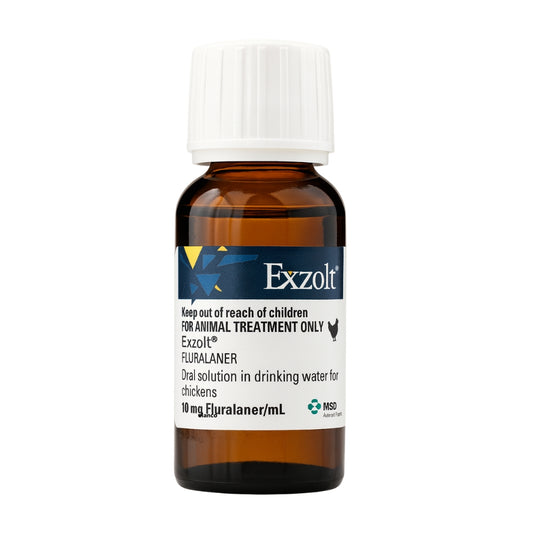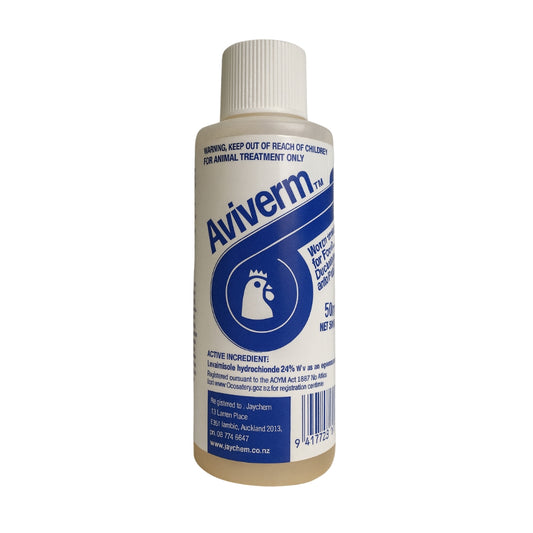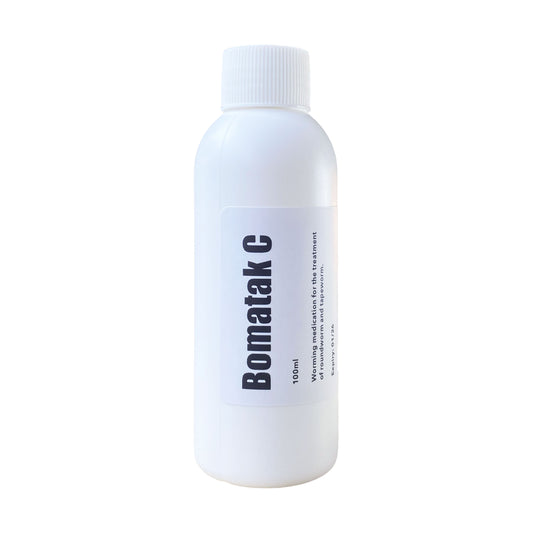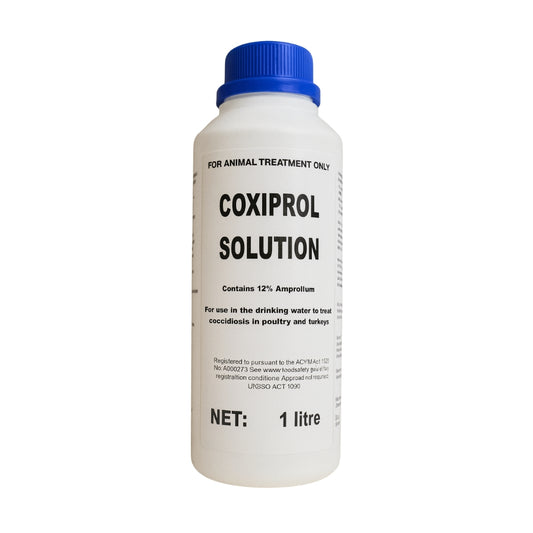

Keeping Mosquitoes Away the Natural Way
Warm evenings, still water, and happy hens pecking in the yard, it all sounds idyllic until the mosquitoes arrive. These tiny pests might seem harmless, but for chickens and other birds, they can spread serious disease.
Mosquitoes feed on blood to reproduce, carrying viruses like fowl pox, which causes scabby sores on the comb, wattles, and legs. Most birds recover, but severe cases can reduce egg production and cause lasting stress.
In New Zealand, mosquitoes also spread avian malaria and avian pox among native birds such as tūī, bellbirds, mohua, and kiwi. While these are rarely an issue for backyard flocks, they can devastate native species that have little natural resistance.
Managing mosquitoes around your coop not only protects your hens from discomfort and disease, it also helps safeguard our native wildlife. A well-kept property supports both flock health and local conservation.
The good news? You can keep mosquito numbers low without harsh chemicals. Here’s how to do it naturally, safely, and effectively.

1. Start With Prevention: Remove Standing Water
Mosquitoes need water to breed. Even a few millilitres of stagnant water can produce dozens of larvae. The most important step you can take is eliminating breeding sites around your property.
Walk around your yard after rain and look for any place where water collects, buckets, old pots, tyres, feed containers, gutters, or tarps. Empty these regularly. Keep troughs and water bowls clean and change the water often.
If you have a pond or water feature that can’t be drained, add a small pump or aerator to keep water moving. Mosquitoes prefer still, shallow water. Movement alone can make the site unsuitable for them.

2. Manage Water You Can’t Remove
Sometimes you can’t drain a particular spot, for example, a bird bath or rain barrel. In that case, you can still prevent mosquitoes from breeding by using biological control.
A simple and effective option is to add mosquito dunks (Bioforce have a great product called Vectobac) that contain Bacillus thuringiensis israelensis (Bti), a naturally occurring bacterium that kills mosquito larvae but is harmless to birds, fish, pets, and people. This method is approved in New Zealand for mosquito management in certain contexts and can be found in many garden stores.
If you have a permanent pond, consider adding a few larva-eating fish, such as goldfish, depending on the system. Always check local regulations before introducing fish to natural water bodies.

3. Improve the Coop Environment
Mosquitoes are weak fliers and prefer damp, shaded corners. By improving airflow and reducing dark, stagnant areas inside and around your coop, you make life harder for them.
- Add a fan: A small electric fan inside the coop keeps air moving and discourages mosquitoes from landing on roosting birds. Aim for a gentle breeze and not a typhoon.
- Check ventilation: Ensure vents and windows are screened with fine mesh (about 1 mm holes or smaller). This lets fresh air in while keeping insects out.
- Fix leaks: Dripping taps, overflowing waterers, or damp litter can all attract mosquitoes. Keep the coop dry and clean.
A well-ventilated, dry coop also benefits chicken health in general, reducing respiratory issues and ammonia buildup.

4. Use Physical Barriers and Traps
Simple mechanical barriers can make a big difference. Install mosquito screens on coop windows and doors. Fine mesh works best, but make sure it doesn’t restrict airflow too much.
You can also use mosquito traps in your yard. Many devices attract mosquitoes using light, warmth, or a small amount of carbon dioxide and then trap or dehydrate them. Place traps at the edge of your property or away from the coop so they draw insects away from the birds, not toward them.
For a more hands-on approach, ovitraps (small containers designed to attract female mosquitoes to lay eggs) can be used to intercept and destroy eggs before they hatch. These traps are easy to make and can be maintained with weekly cleaning and refilling.

5. Encourage Natural Predators
Your garden already has allies in the fight against mosquitoes. Birds, bats, dragonflies, and some aquatic insects feed on adult mosquitoes or larvae.
You can attract these helpers by planting native vegetation and keeping a diverse garden environment. For instance:
- Dragonflies thrive around ponds with clean water and reeds.
- Small insect-eating birds like fantails and silvereyes benefit from mixed shrubs and
hedges. - Bats, where present, can consume large numbers of mosquitoes each night.
Avoid using garden insecticides that kill these beneficial species or reduce their food
sources.

6. Manage Vegetation and Yard Layout
Mosquitoes like to rest in shady, humid vegetation during the day. Keep the grass around your coop short and trim dense shrubs or weeds. Allow sunlight to reach the ground where possible, mosquitoes avoid bright, dry areas.
If you have compost piles or mulch near the coop, keep them well-turned and dry. These can hold moisture and provide a resting spot for mosquitoes if left damp and compacted.

7. Coordinate With Your Neighbours
Mosquitoes don’t respect fences. If your neighbours have old containers or ponds full of stagnant water, you may still get swarms despite your best efforts. A friendly conversation can go a long way. Explain what you’re doing and encourage them to do the same. Community action is often the most effective way to reduce mosquito populations across an area.

8. Monitor and Adjust Seasonally
Mosquito numbers rise and fall with rainfall and temperature. Keep a simple log of when you notice higher activity, where you find larvae, and what seems to work. Over time, you’ll identify the key problem areas on your property and can focus your efforts there. In New Zealand, mosquito activity generally peaks from late spring through early autumn, so start your control measures before the weather warms up and rainfall increases.
Final Thoughts
Mosquito management for backyard chickens isn’t just about comfort, it’s about health. By reducing mosquito breeding around your property, you’re protecting your flock from fowl pox and other stress-related diseases, while also helping to shield our native birds from threats like avian malaria and poxvirus.
Through simple, pesticide-free actions, removing standing water, improving coop airflow, using barriers and traps, and encouraging natural predators, you can build a healthier, more balanced environment for both your birds and New Zealand’s wildlife.
Parasite Essentials
-
Exzolt - 50ml
Regular price $189.00 NZDRegular price -
Aviverm - 50ml
Regular price $16.50 NZDRegular price -
Bomatak C *Prescription only medication*
Regular price $25.00 NZDRegular price





